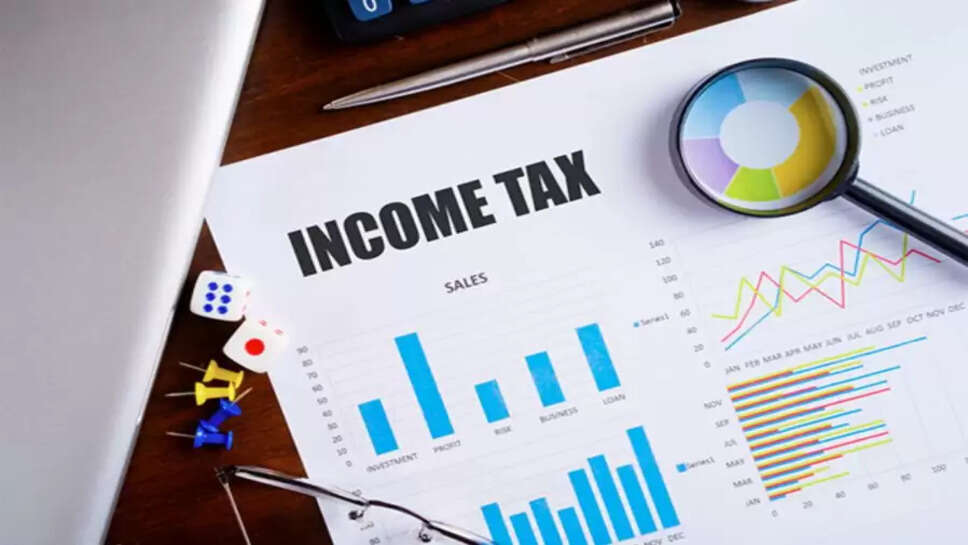Income Tax Notice News: Depositing more money than this limit in your bank account will be costly, know the income tax rules
Income Tax Notice News: Often people keep separate bank accounts for expenses and separate accounts for savings. But, do you know that there is a limit on depositing money in a savings account? If your answer is no, then let's know today in this news-

News, Digital Desk- ( Saving Account) Often people keep separate bank accounts for expenses and separate accounts for savings. But, do you know that there is a limit to deposit money in a savings account?
Depositing more than this limit can bring you under the radar of the Income Tax Department. Many people are unaware of this rule, so today we will tell you about it in detail so that you can avoid any trouble.
Information has to be given about transactions above the limit-
According to income tax rules, the total deposit in your savings account in a financial year should not exceed 10 lakhs. If this happens, the Income Tax Department can send you a notice.
Under Section 269ST of the Income Tax Act, any account holder can transact up to Rs 2 lakh in a day. If he transacts an amount more than this, then he will also have to tell the bank the reason for this.
Banks also provide information-
If you deposit Rs 50,000 or more in a bank in a day, you will have to inform the bank and show your PAN card. If you do not have a PAN, you can fill Form 60 or 61.
At the same time, if any transaction of more than Rs 10 lakh takes place from your account, then the bank considers it a big transaction and sends its information to the Income Tax Department. These rules are to maintain transparency in money transactions.
What to do if you receive a tax notice?
Many times it happens that when you make a transaction of a large amount and do not give its information to the Income Tax Department, then you may get a departmental notice.
In this situation, you have to respond to that notice. Also, along with the reply to the notice, information about the necessary documents also has to be given. These may include your account statement, investment records or property documents.
